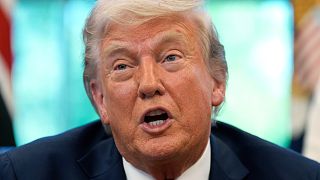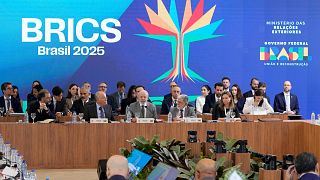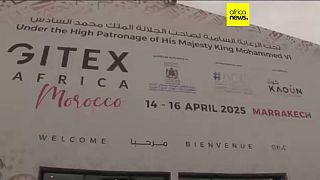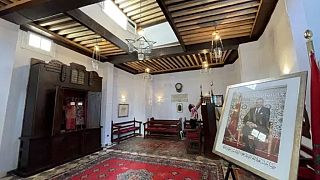Morocco
Morocco’s Central Bank has said it would start approving Islamic banks this year with the aim of allowing business to begin in early 2017.
The central bank said it had received seven requests to open Islamic banks and three to open windows selling Islamic products. Two Gulf banks want to establish fully owned subsidiaries while four others are partnering with local banks, an official said.
“On 29 June 2016, ten applications were submitted, both by Moroccan banks and foreign finance groups,” Lhassane Benhalima, responsible for Banking supervision at Bank Al Maghrib told a press conference.
“Local banks include Crédit Agricole, Attijariwafa Bank, Banque Centrale Populaire (BCP), Crédit Immobilier et Hotelier (CIH) and BMCE,” he added without revealing the foreign institutions.
Subsidiaries of French banks Societe Generale. Credit du Maroc and BMCI have asked for permission to sell Islamic products, the official added.
Islamic banks and insurers are setting up in Morocco after it adopted legislation allowing them into the domestic market, and the central bank has set up a central sharia board with the country’s body of Islamic scholars to oversee the new industry.
The North African country had long rejected Islamic banking due to concerns about Islamist movements, but its financial market lacks liquidity and foreign investors, both of which Islamic finance could attract.
Islamic finance has been growing rapidly over the past decade as it broadens its investor base across the Middle East, North Africa and southeast Asia.
It is based on religious principles which avoid interest and pure monetary speculation.













Go to video
South Africa slashes planned VAT hike after pushback from Democratic Alliance
Go to video
Exhibition in Morocco explores a world of color
01:10
World Trade Organization says global trade could slide this year due to tariffs
Go to video
The EU moves to fast-track asylum claims by migrants from 7 countries to speed deportation
00:50
Spain: human trafficking ring smuggling moroccans into europe dismantled
Go to video
Instability hits global markets as Trump tariffs kick in